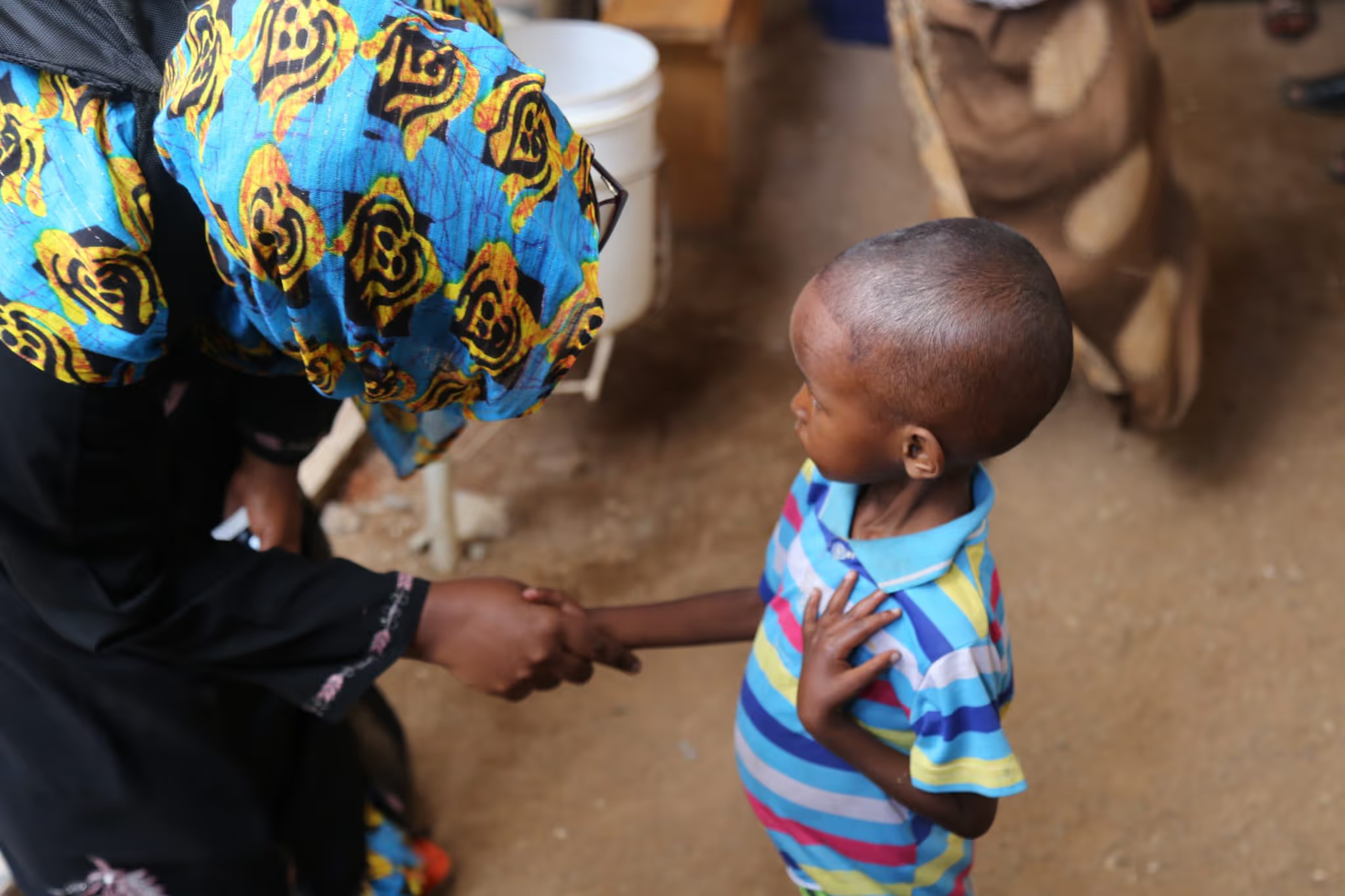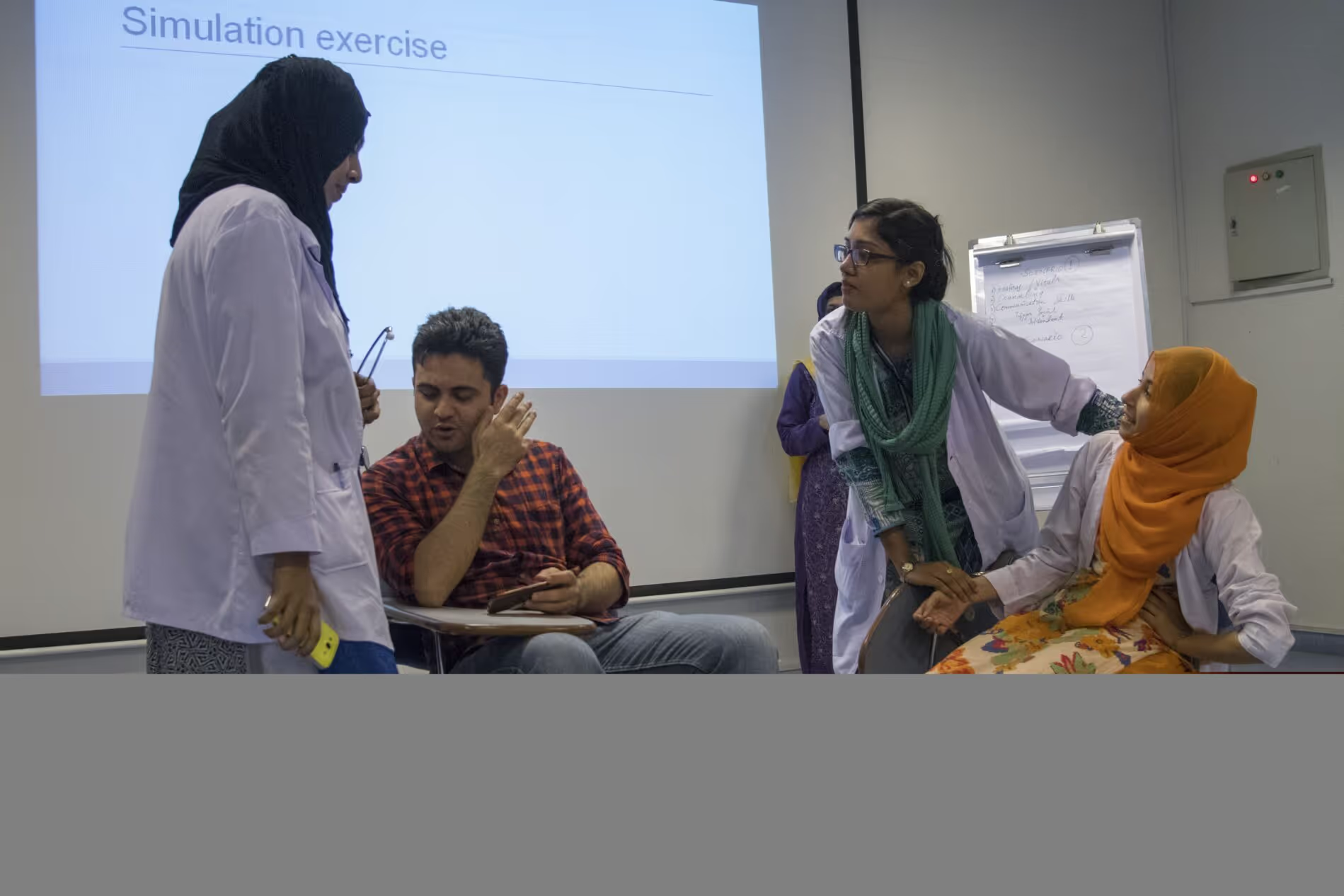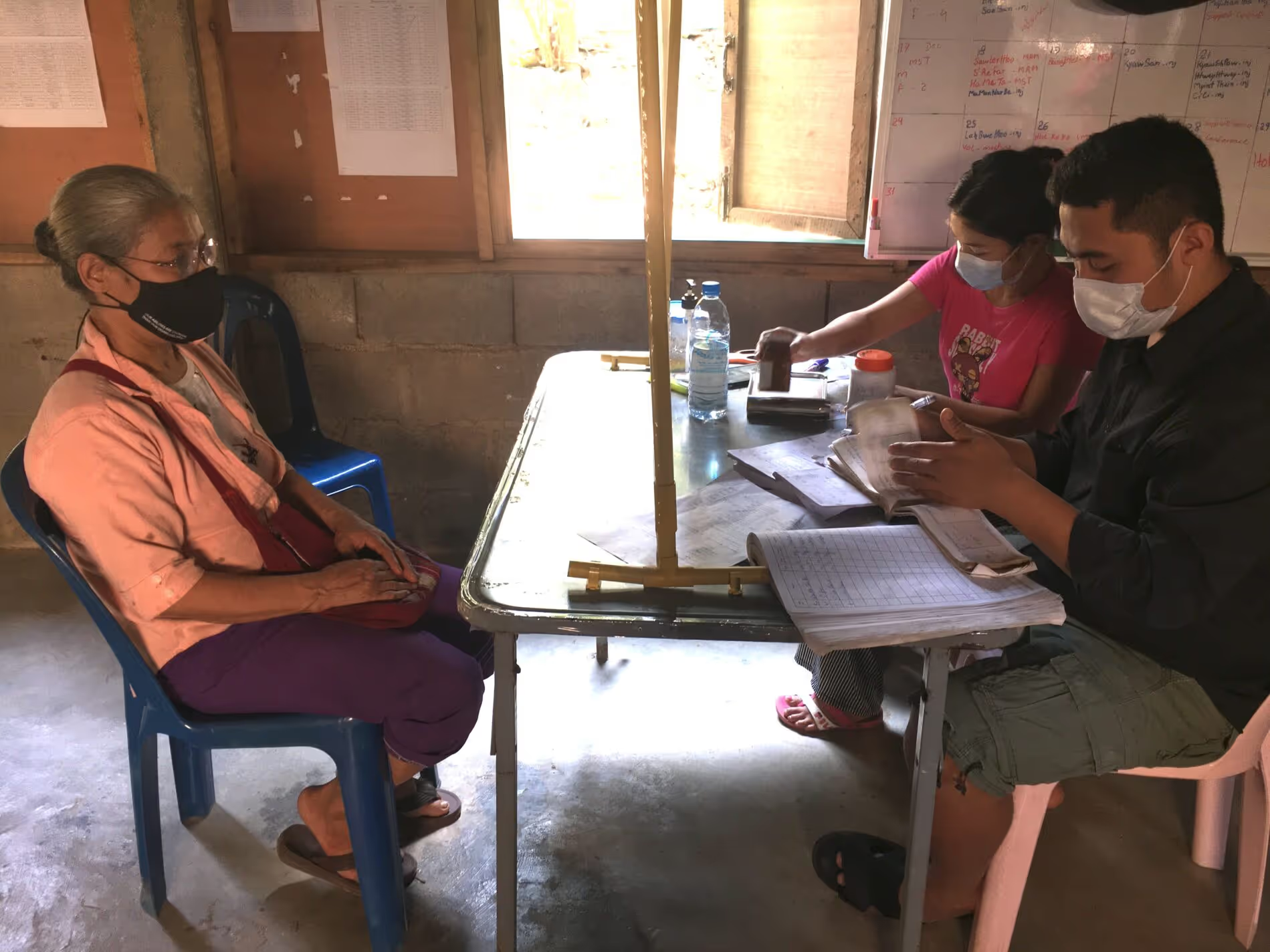Alcohol and other drug interventions in refugee settings

Project overview
This project aims to adapt and evaluate the effectiveness and implementation of a screening, brief intervention, and referral to treatment stepped care system for Congolese refugees and Zambian host community members in Mantapala.
Project solution
This project offers [specific solution or intervention] to tackle [challenge]. By implementing [strategies, tools, or innovations], the project aims to achieve [desired outcomes]. The approach is designed to [specific actions or methods] to bring about meaningful change in [community, region, or issue area].
Expected outcomes
This project aims to achieve [specific outcomes], such as [measurable results, improvements, or changes]. The expected impact includes [benefits to the target community, advancements in research or innovation, or long-term effects]. By the end of the project, we anticipate [specific changes or milestones] that will contribute to [broader goals or objectives].
Principal Investigators: Jeremy Kane and Claire Greene, Columbia University Mailman School of Public Health
Purpose
Refugees are at risk for unhealthy alcohol and other drug (AOD) use, yet few receive treatment. This research will evaluate the effectiveness and implementation of stepped-care AOD services (screening, brief intervention, and referral to evidence-based psychotherapy) for Congolese refugees and host community members in Mantapala, an integrated settlement in northern Zambia.
First the study will: explore the types, correlates, and patterns of AOD use, validate measures for AOD use, and adapt the interventions and research procedures to be locally relevant and acceptable in the study context. Refugee incentive workers will be trained to deliver the intervention to 200 persons reporting unhealthy AOD use. Using a hybrid effectiveness-implementation trial and mixed-methods data collection, the feasibility, cost, barriers and facilitators to implementation of the intervention will be evaluated, as well as its effectiveness in reducing unhealthy AOD use and co-occurring mental health problems 12-months after baseline relative to those receiving treatment-as-usual.
Expected Outcomes
There is an absence of information on how to effectively treat unhealthy alcohol and other drug use in humanitarian settings. Results from this study will be among the first to provide critical evidence regarding whether a stepped-care system including evidence-based intervention components is effective and feasible within humanitarian settings.
Anticipated clinical and public health outcomes include reduced alcohol and other drug use, improved mental health, and reductions in substance-related consequences (e.g., gender-based violence). The study team also anticipate discovering unique considerations for adapting evidence-based interventions tested in non-humanitarian contexts to complex humanitarian settings. Furthermore, this research provides an opportunity to examine the implementation of a public health intervention through an integrated governmental and non-governmental system to both refugees and host community members.
The study outcomes, intervention manuals, screening tools, and implementation plans will be disseminated to researchers, practitioners, and policymakers through our study partners, webinars, publications, and dissemination meetings.
Project delivery & updates
Stay up to date with the latest developments from this project. Here, you will find details on what has been delivered, resources created, and regular updates as the project progresses. Access key documents, reports, and other materials to see how the project is making an impact.








